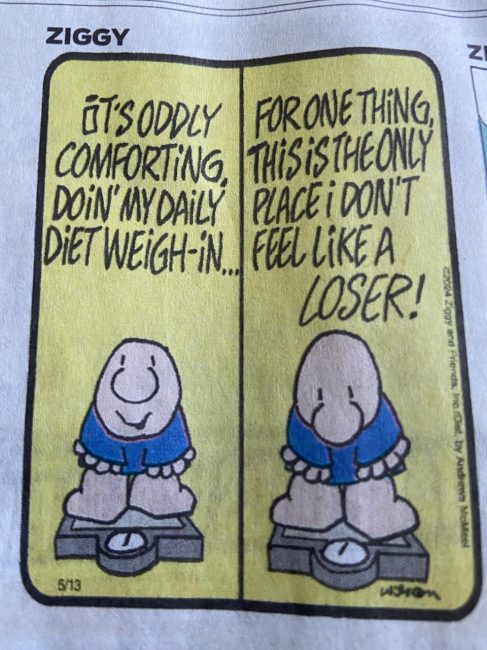Pregnancy may be one of the most surprising side effects for women taking weight loss medications.
Dubbed “Ozempic babies,” women are reporting on social media that they are becoming pregnant after using GLP-1 drugs like Ozempic (semaglutide) for weight loss.
“[I]ncreased fertility and surprise pregnancy has been well-reported in previously infertile patients, even with modest weight loss (approximately 5%) with lifestyle modification as well as other weight loss medications,” said Dr. Neha Lalani in a Healthline-related article.
One woman said that she started taking Mounjaro for weight loss. Over the first few months, she lost about 40 pounds. Her menstrual cycles, which had been irregular because of PCOS, became normal. And she even felt happier.
“It just made me feel like a whole new person,” she said. “I was in a better mood every single day. This same woman had hoped that losing weight might help her get pregnant. She’d heard about others having success with weight loss while taking the shot. Shortly after, she became pregnant—sooner than she expected!
Another woman admitted she was pregnant on Ozempic and was on the pill!
What’s going on with the Ozempic baby boom?
Polycystic ovary syndrome (PCOS) is the most common endocrine disorder in women of reproductive age. PCOS causes the ovaries to produce an abnormal amount of androgens, which are male sex hormones. This can lead to hormonal imbalances, cysts in the ovaries, irregular periods, and infertility.
PCOS can make it difficult for women to lose weight, which could be why many are turning to weight loss medications for help. Are GLP-1 drugs able to boost fertility?
GLP-1 medications aid in weight loss and blood sugar management, which may improve the underlying factors that contribute to infertility. However, experts agree more research is needed to understand how GLP-1 medications can impact IVF outcomes.
In the meantime, numerous women are reporting that they’re having “Ozempic babies” on social media. But the joy some experience in discovering pregnancies may come with anxiety about the unknowns, as these medicines haven’t been studied in people who are pregnant.
“We don’t know the effect of early exposure … on the fetus,” said Dr. Jody Dushay, a physician focused on endocrinology and metabolism at Beth Israel Deaconess Medical Center and an assistant professor at Harvard Medical School.
Dushay said she recommends that women stop taking these drugs two months before trying to get pregnant, as directed in their prescribing information.








